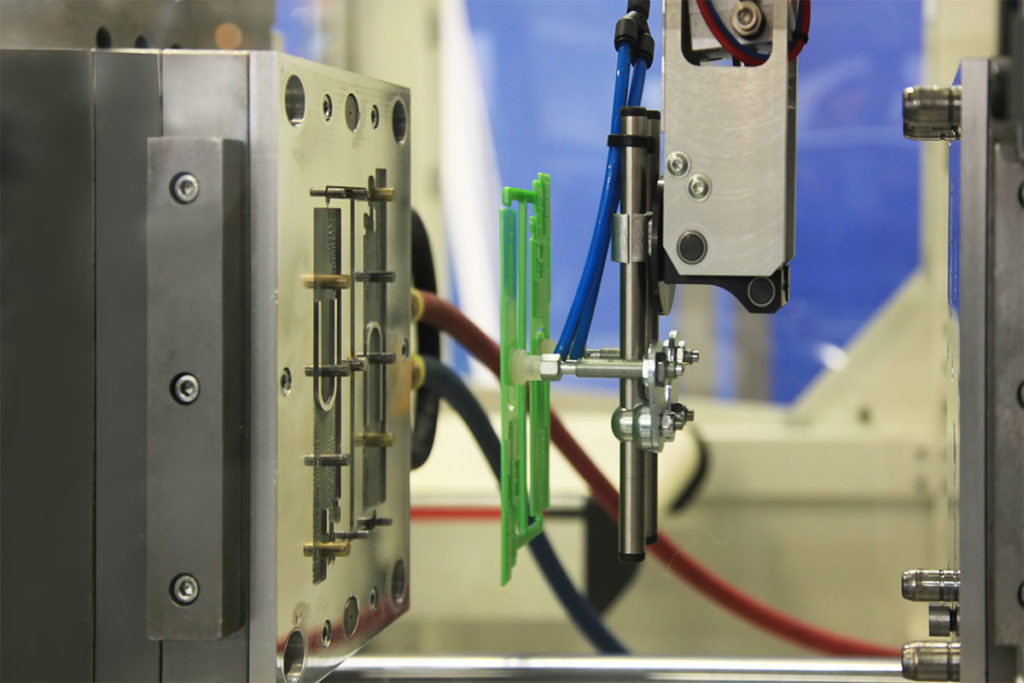What are the top industries utilizing injection molding?
Injection molding is a versatile manufacturing process used across various industries due to its efficiency and ability to produce complex parts. One of the primary sectors leveraging this technology is the automotive industry. Here, injection molding is essential for creating lightweight components that enhance fuel efficiency and vehicle performance. These components include everything from dashboards to bumpers, contributing significantly to modern vehicle design.
Another major industry relying on injection molding is electronics. In this field, precision and durability are critical, as plastic housings and connectors protect sensitive electronic parts. The process allows for the creation of intricate designs necessary for innovative gadgets, ensuring both protection and functionality.
How does the automotive industry benefit from injection molding?
The automotive industry benefits immensely from injection molding by enabling the production of lightweight, durable, and intricate parts. This process facilitates the manufacturing of essential components such as door panels, air vents, and engine covers. These parts are not only lighter, contributing to overall vehicle efficiency, but also maintain the structural integrity required for safety and performance.
Furthermore, injection molding reduces production costs by allowing for high-volume manufacturing with consistent quality. The ability to mold complex shapes in a single step eliminates the need for additional assembly and processing, streamlining production lines and reducing time-to-market for new models.
Which consumer goods are commonly produced through injection molding?
Injection molding is widely used in the production of everyday consumer goods due to its cost-effectiveness and speed. Commonly molded items include toys, kitchenware, and various household products. These goods benefit from the flexibility of design and the ability to produce vibrant colors and textures, which are appealing to consumers.
The method also allows manufacturers to scale production quickly, meeting market demands efficiently. For instance, seasonal items or promotional products can be rapidly developed and distributed, maintaining the competitiveness of brands in fast-paced markets.
What role does injection molding play in the medical industry?
In the medical industry, injection molding is crucial for the production of precise and hygienic devices and components. Items such as syringes, surgical instruments, and diagnostic equipment are typically produced using this method. The precision offered by injection molding ensures that these medical tools meet stringent regulatory standards and function reliably in critical healthcare settings.
Additionally, the process supports the production of complex parts with intricate geometries, essential for advanced medical technologies. The ability to use medical-grade plastics enhances the safety and effectiveness of these products, which is vital for patient care and outcomes.
How is injection molding utilized in the electronics sector?
In the electronics sector, injection molding plays an integral role by producing components like housings, connectors, and other precision parts. The process is ideal for creating parts that require exact dimensions and tight tolerances, which are necessary to ensure compatibility and functionality in electronic devices.
Moreover, the materials used in injection molding for electronics need to provide thermal resistance and durability, protecting sensitive components from environmental stressors. This makes it a preferred method for manufacturing parts that are not only functional but also enhance the longevity and reliability of electronic products.
What are the environmental considerations for injection molding?
While injection molding is a highly efficient process, it is not without environmental considerations. The production process generates waste, and the recyclability of materials is an ongoing concern. However, industries are increasingly adopting sustainable practices to mitigate these impacts. This includes the use of recyclable materials and improved waste management protocols to reduce the environmental footprint of manufacturing operations.
Innovations in material science are also contributing to more sustainable injection molding. The development of biodegradable plastics and improved recycling techniques help minimize waste and promote a circular economy, aligning with global sustainability goals. By integrating these practices, industries can continue to benefit from the advantages of injection molding while addressing environmental challenges responsibly.
Join the future of sustainable plastics! Learn more about our innovative plastic solutions and recycling initiatives. Explore our services here.

